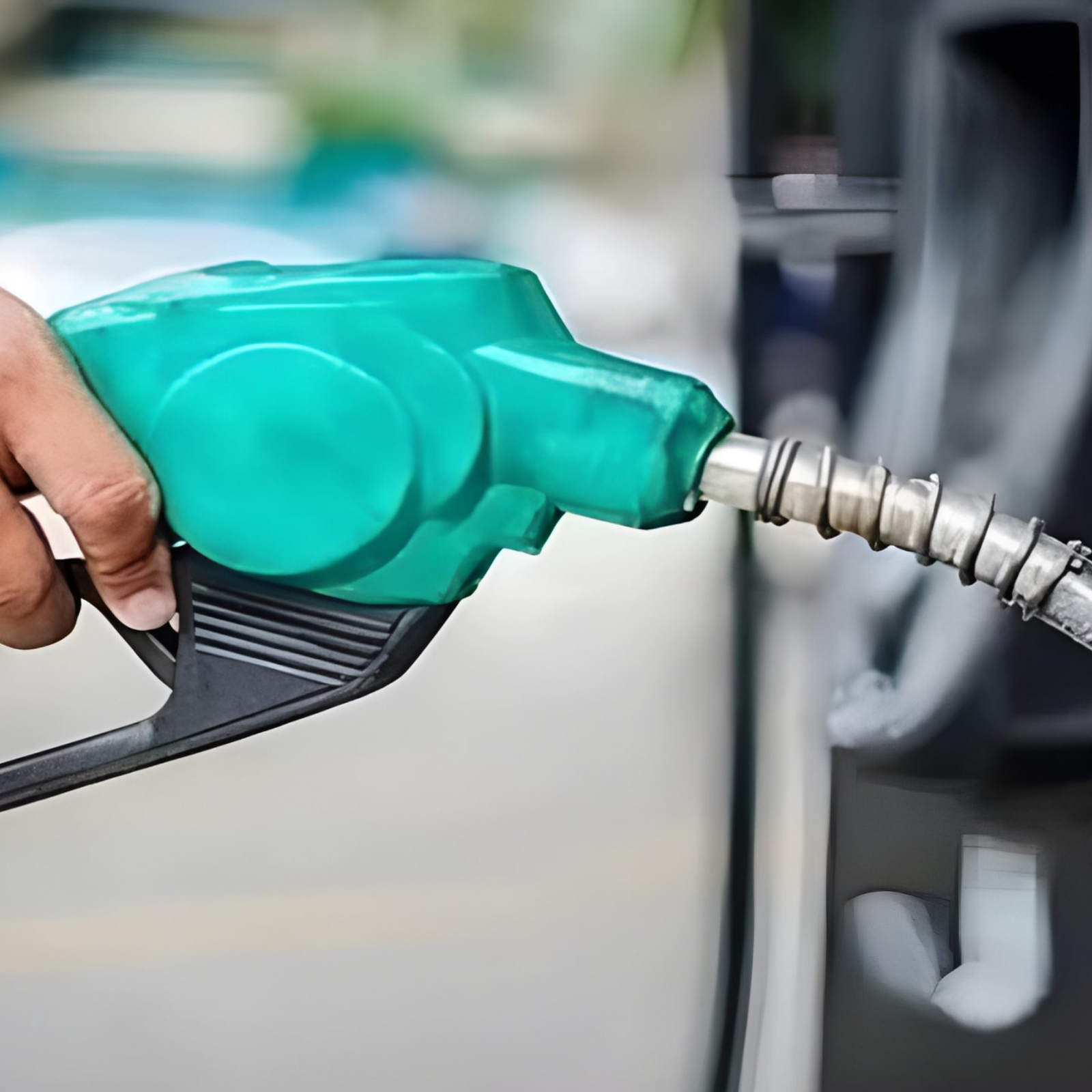Petrol prices have risen significantly recently in Pakistan as well as many other countries. The price per liter has now increased to Rs279.75 due to the most recent increase of Rs4.13. Such price swings for gasoline have wider effects on many facets of society in addition to the economy. In this piece, we examine the causes of this rise, how it affects the economy. What it implies for the typical person.
- Reasons Behind the Price Increase:
- Impact on the Economy:
- Social and Environmental Implications:
- Government Response and Public Perception:

Reasons Behind the Price Petrol Increase:
- Global Oil Market Dynamics
- Exchange Rate Fluctuations
- Government Policies and Taxes
Both domestically and globally, a number of factors influence how much petrol costs. Regarding Pakistan, the reason for the recent rise is:
Global Oil Market Dynamics
Global oil market factors, such as supply and demand. Geopolitical unrest, and the economic policies of the main oil-producing countries, all have a significant impact on the price of gasoline.
Exchange Rate Fluctuations
Pakistan is susceptible to changes in exchange rates due to its dependence on imported oil. Any decline in the value of the Pakistani rupee relative to other major currencies may result in increased import expenses, which would raise the price of gasoline.
Government Policies and Taxes
Laws from the government, such as levies on petroleum products, have an immediate effect on the price of gasoline at the pump.
Impact on the Petrol Economy:
- Inflationary Pressures
- Cost of Living
- Economic Growth
An increase in gas costs may have a significant impact on the economy.
Inflationary Pressures
As transportation costs rise and overall prices of goods and services rise as a result, higher petrol prices add to the pressures of inflation.
Cost of Living
Most people are negatively impacted by rising gas prices, which increase transportation expenses and have a negative impact on disposable income and household budgets.
Economic Growth
Increasing fuel prices have the potential to impede economic growth by raising corporate production costs, decreasing consumer spending, and restricting mobility.
Social and Environmental Implications:
- Social Welfare
- Transportation Sector
- Environmental Concerns
The rise in gas prices has effects on society and the environment in addition to the economy:
Social Welfare
Increased fuel costs disproportionately impact households with lower incomes, which may exacerbate poverty and increase income disparities.
Transportation Sector
The transportation sector is affected by rising gas prices, especially for people who depend on it for work or commuting. Protests and calls for government action may result from this.
Environmental Concerns
Elevated petrol prices have the potential to encourage the adoption of automobiles with higher fuel efficiency and alternate forms of transportation, thereby lowering carbon emissions and lessening the impact on the environment.
Government Response and Public Petrol Perception:
- Subsidies and Relief Measures
- Communication and Transparency
- Long-Term Planning
The way the government responds to increases in gas prices is critical in influencing public opinion and reducing negative effects:
Subsidies and Relief Measures
To lessen the impact of rising gas prices on disadvantaged groups in society, governments may choose to enact relief measures or subsidies
Communication and Transparency
Building confidence and effectively managing public expectations are achieved by open communication regarding government efforts and changes in fuel prices.
Long-Term Planning
Long-term planning can lessen dependency on fossil fuels and lessen the effects of fluctuations in gas prices. This includes making investments in renewable energy sources and infrastructure development.

The interdependence of international markets, governmental regulations, and socioeconomic dynamics is shown by the recent rise in petrol prices in Pakistan. Even though these variations provide difficulties, they also offer chances for creativity, the revision of laws, and sustainable development. Policymakers and the general public can both contribute to the creation of a more robust and fair economy by being aware of the underlying reasons and consequences of increases in the price of gasoline. This thorough study sheds light on the complications underlying changes in gas prices, how they affect different industries, and how important it is to take preventative action in order to properly address them.

